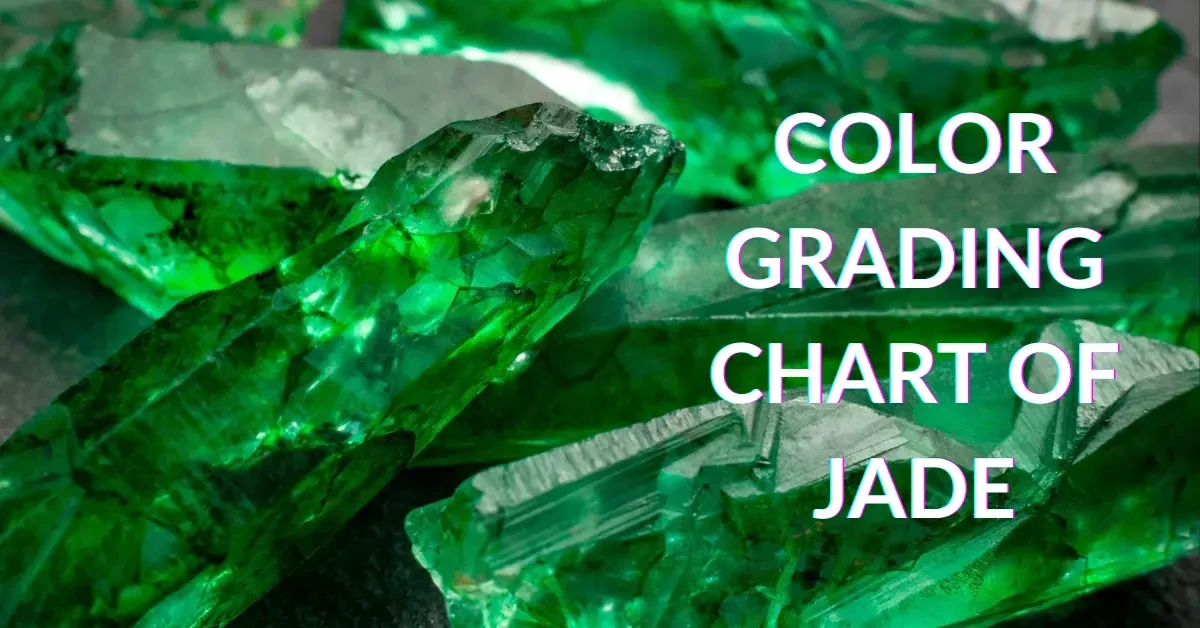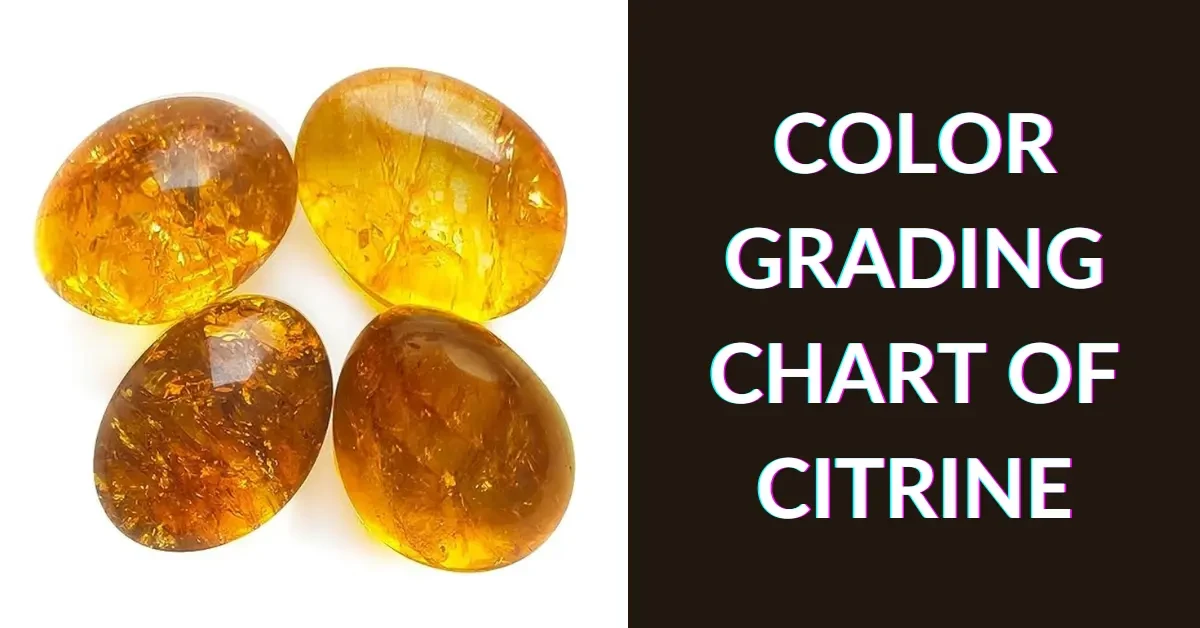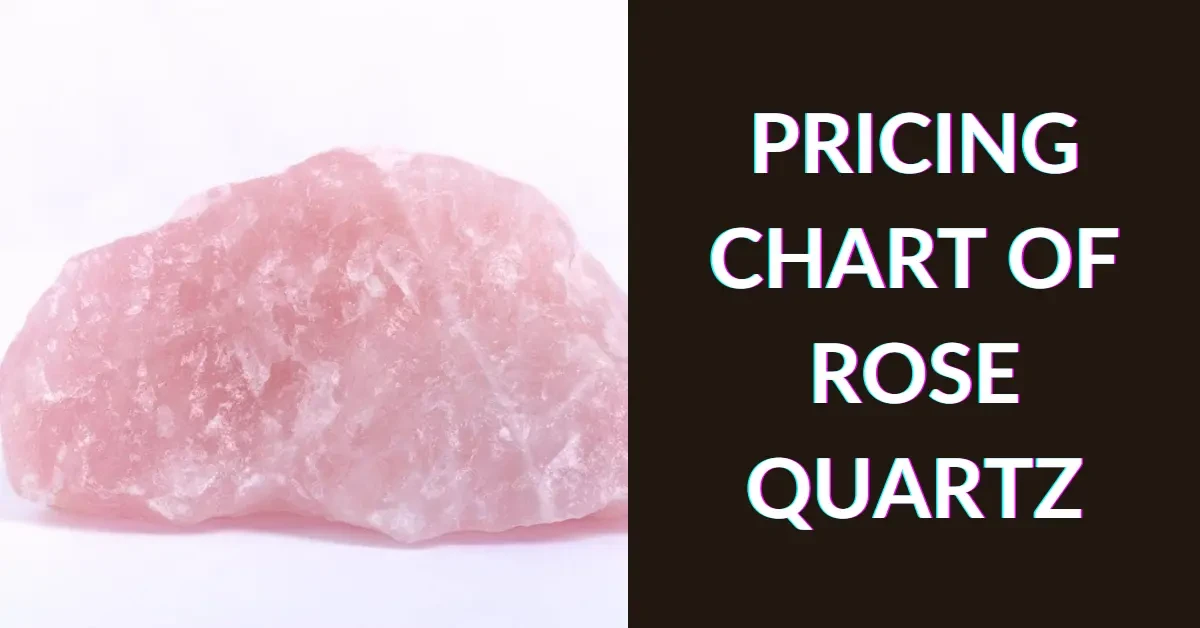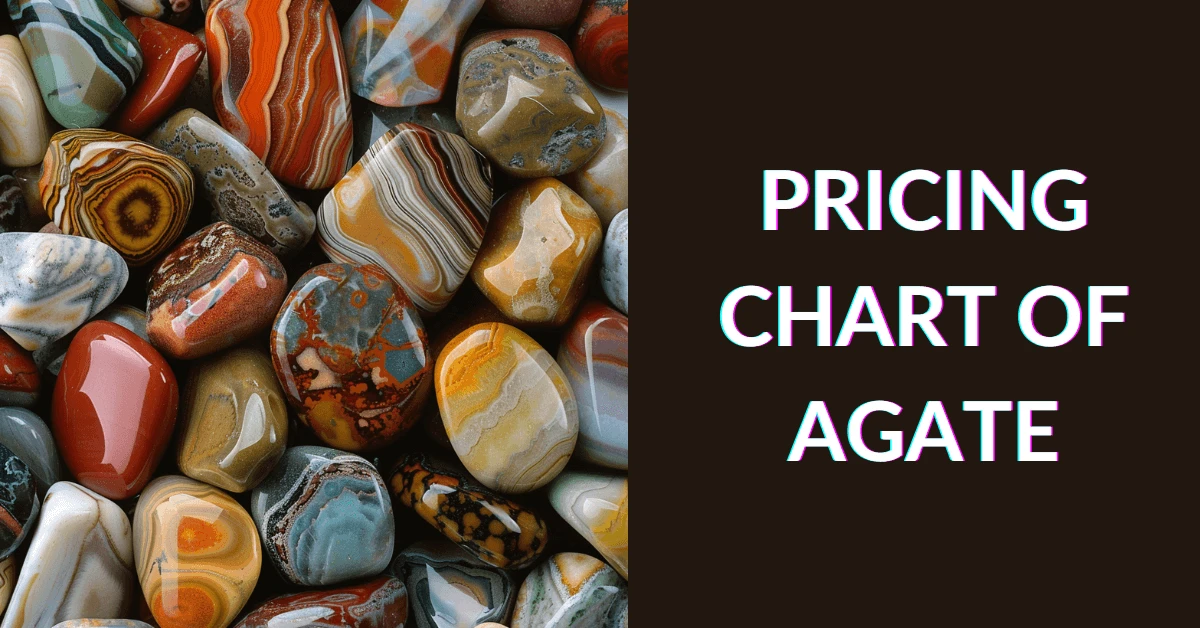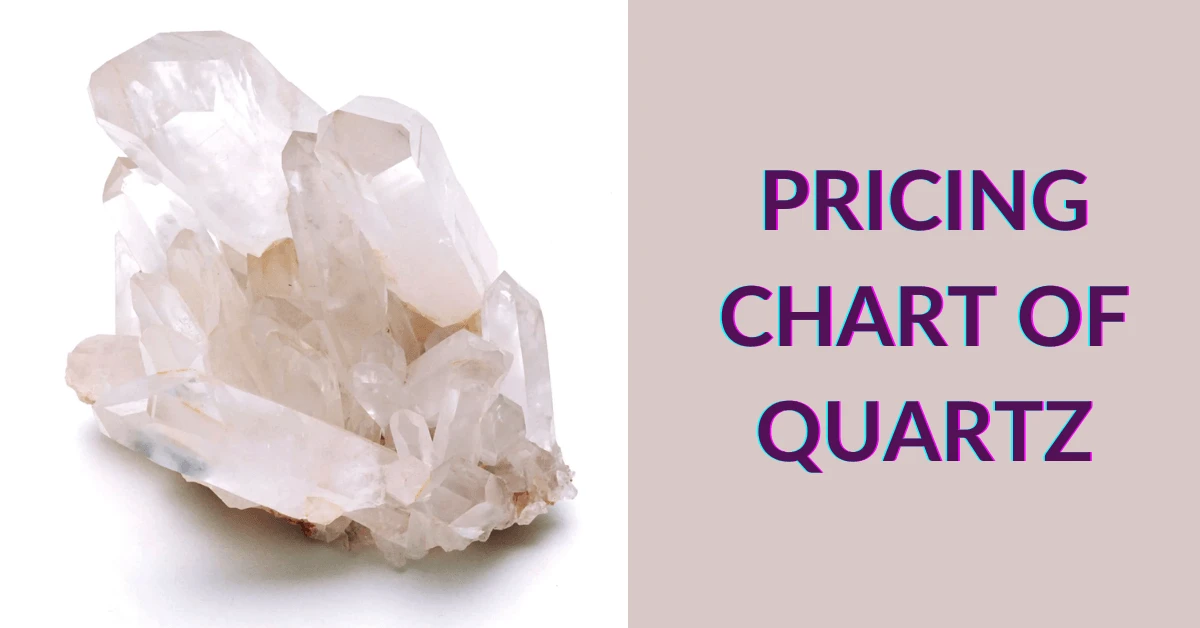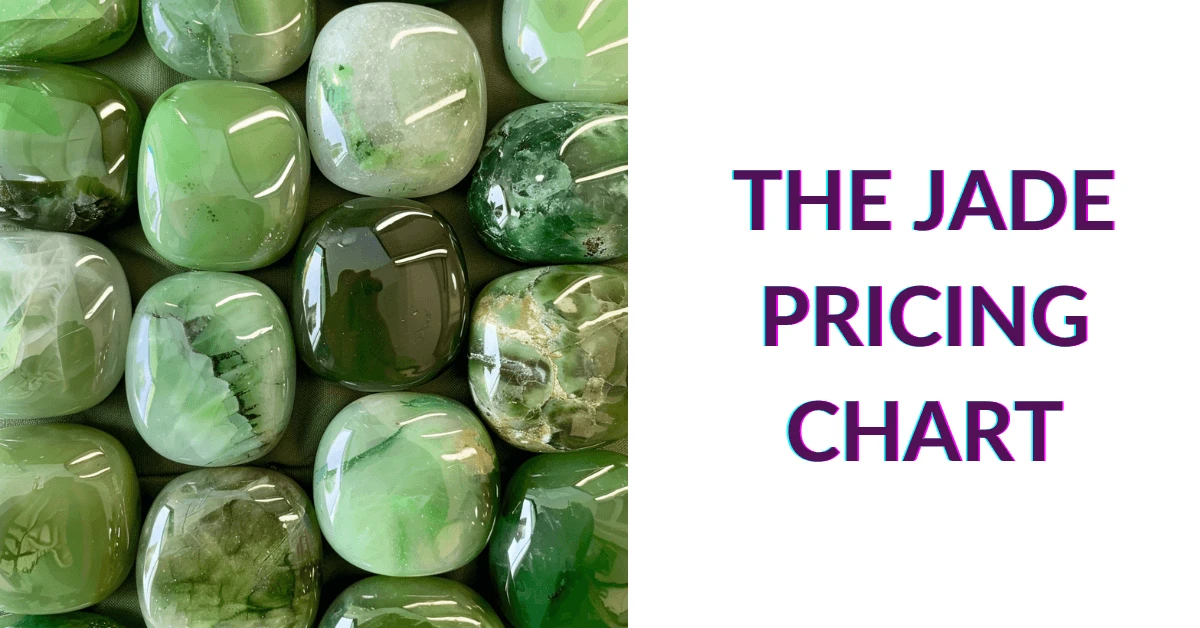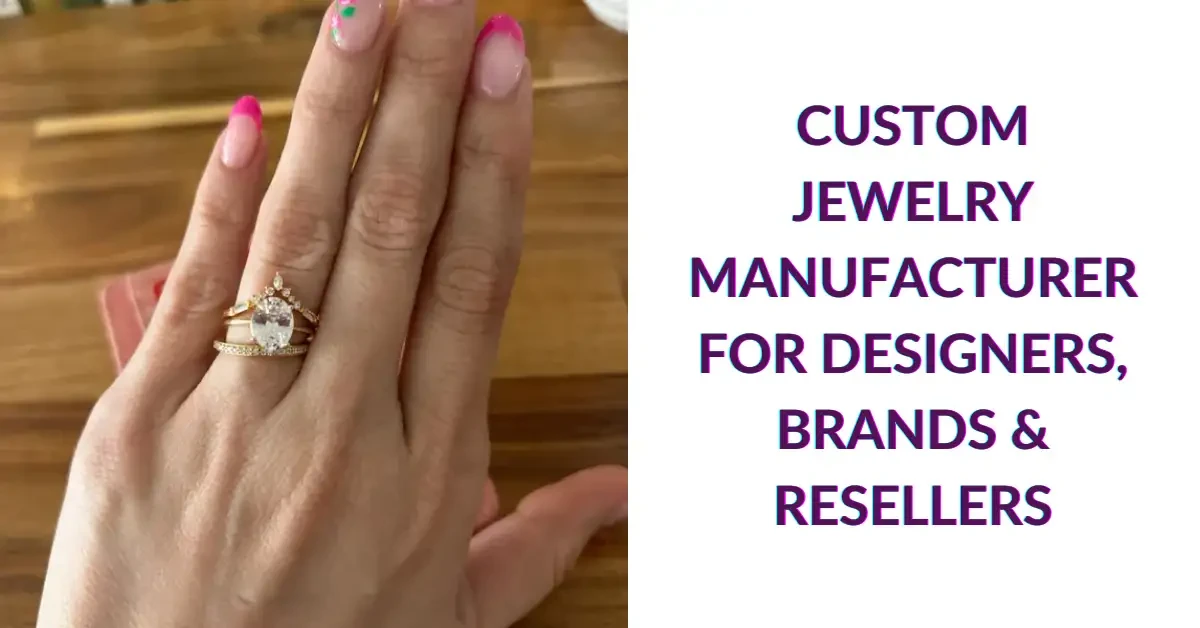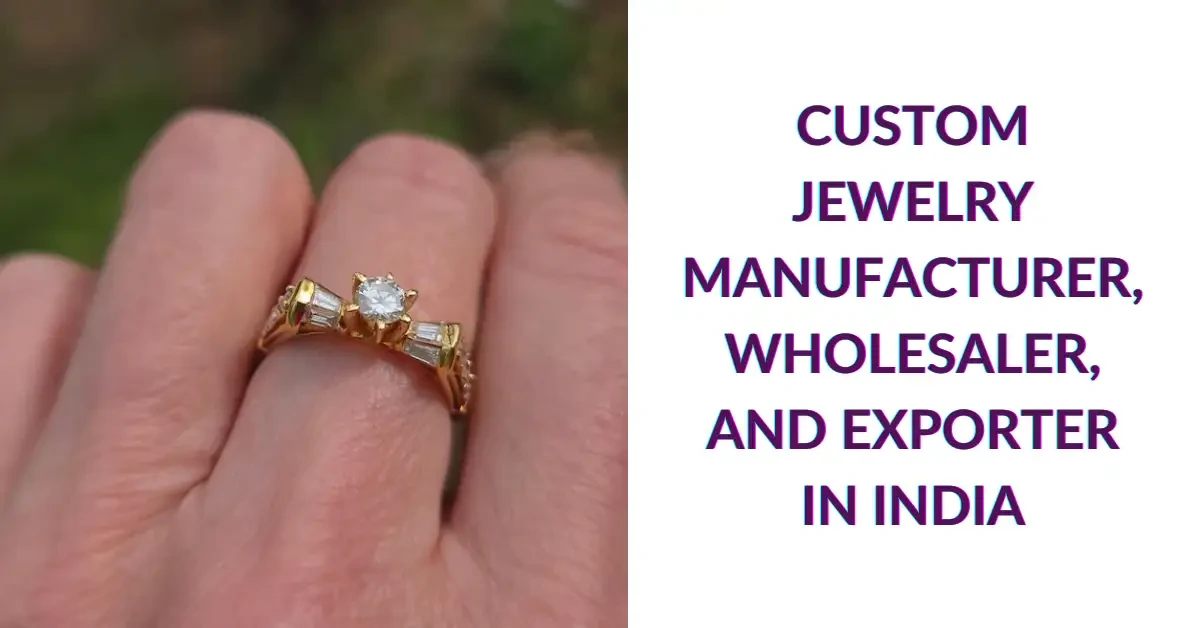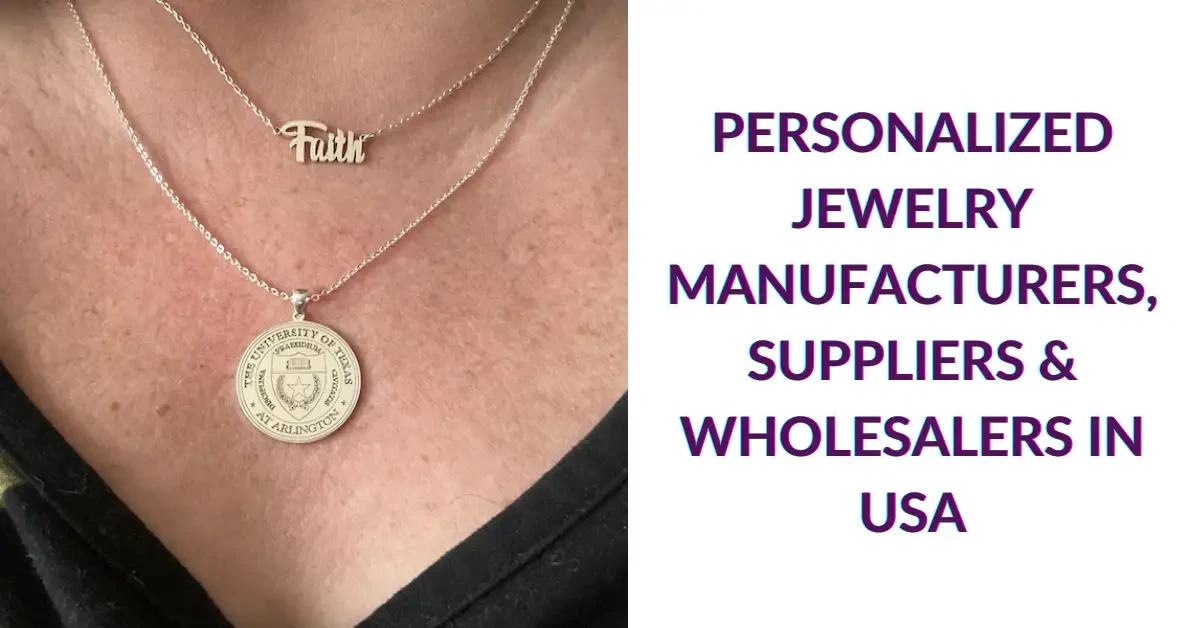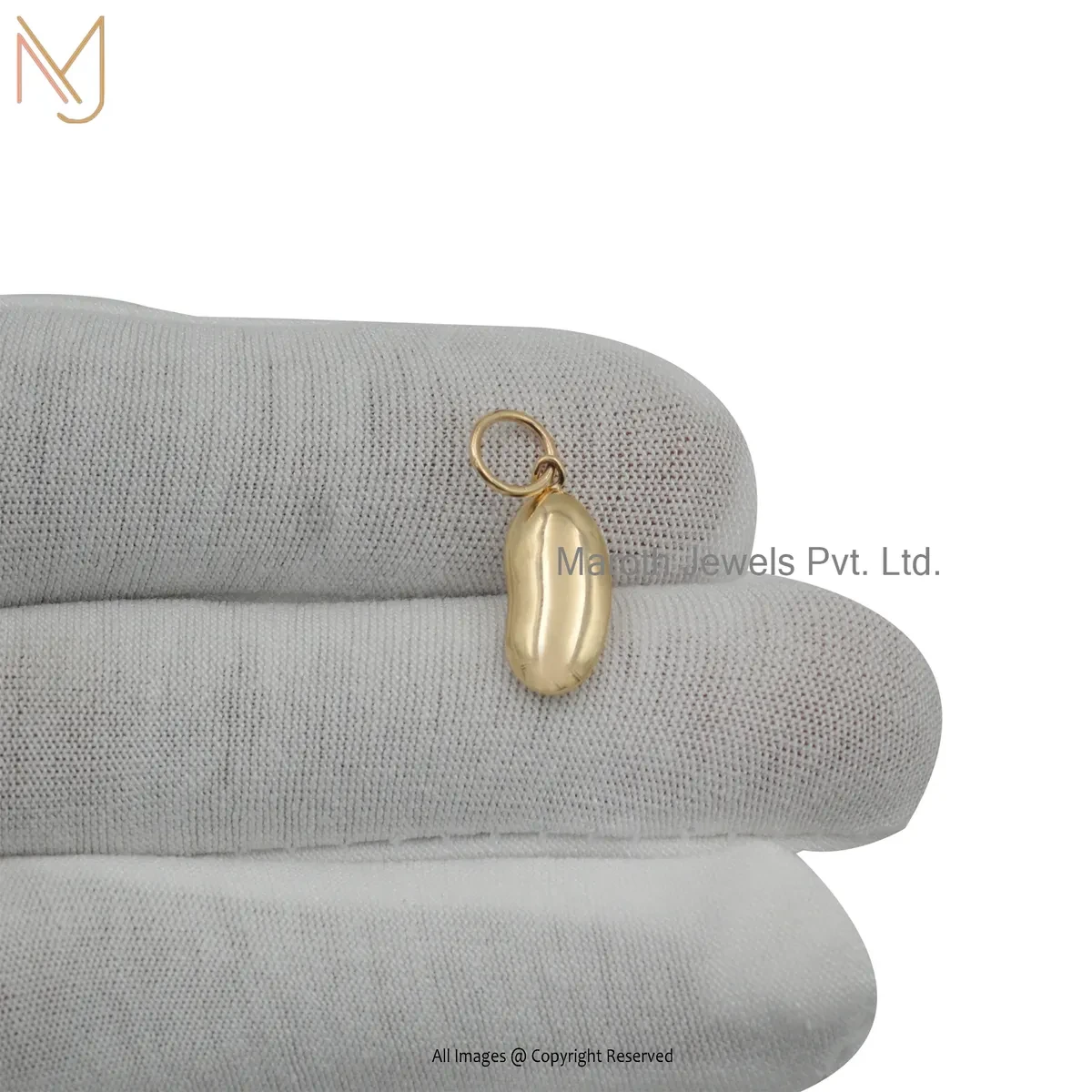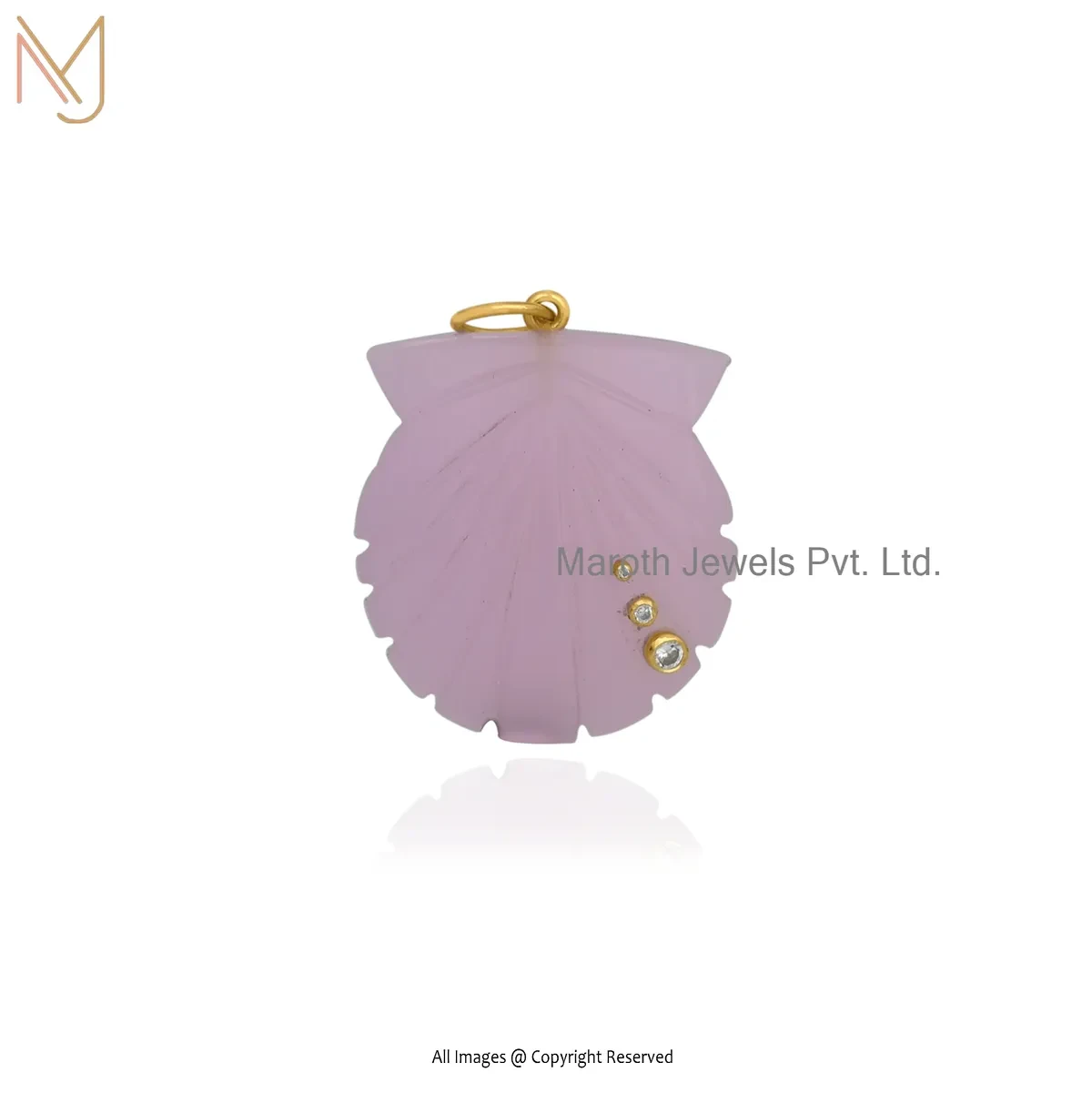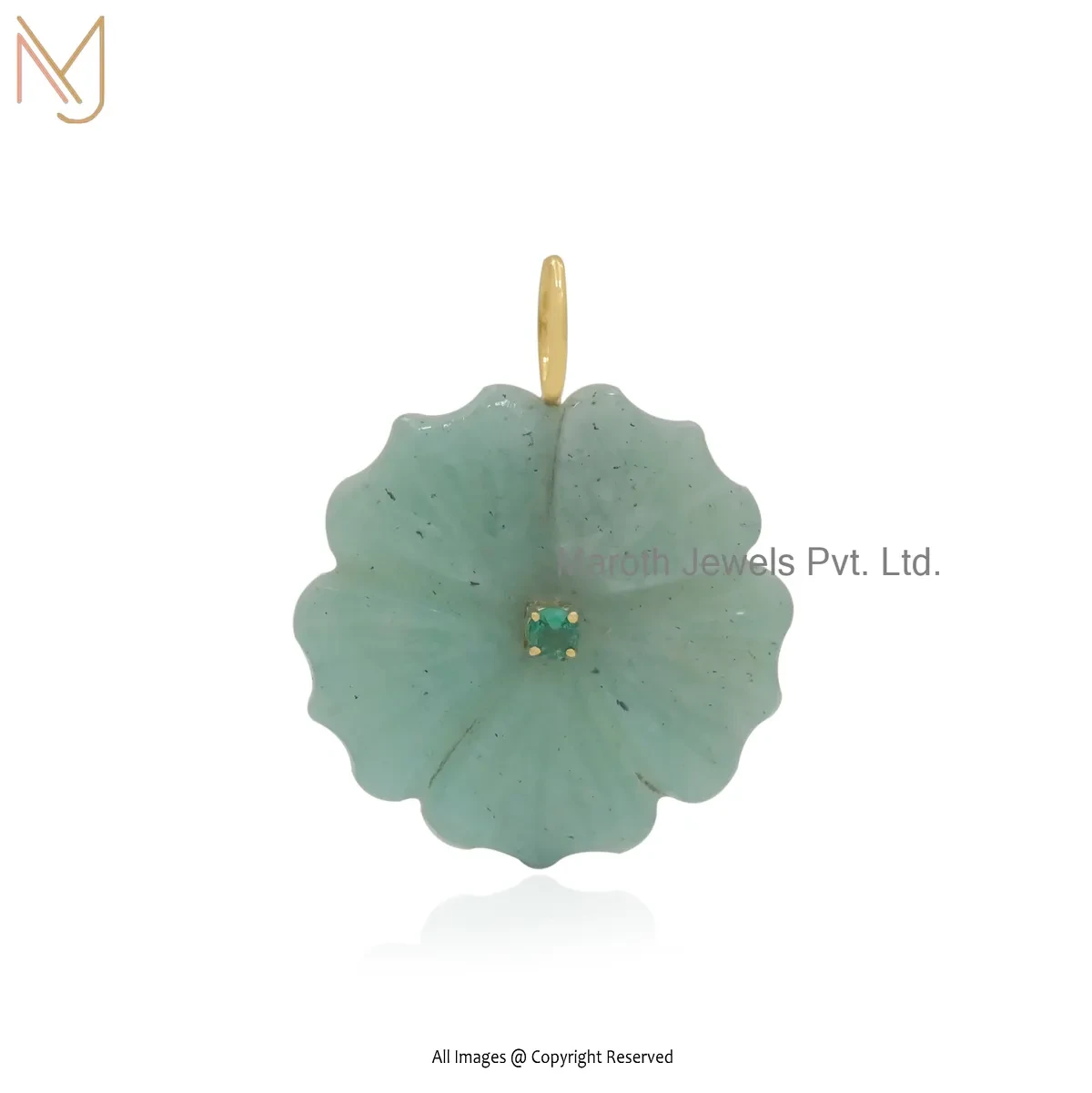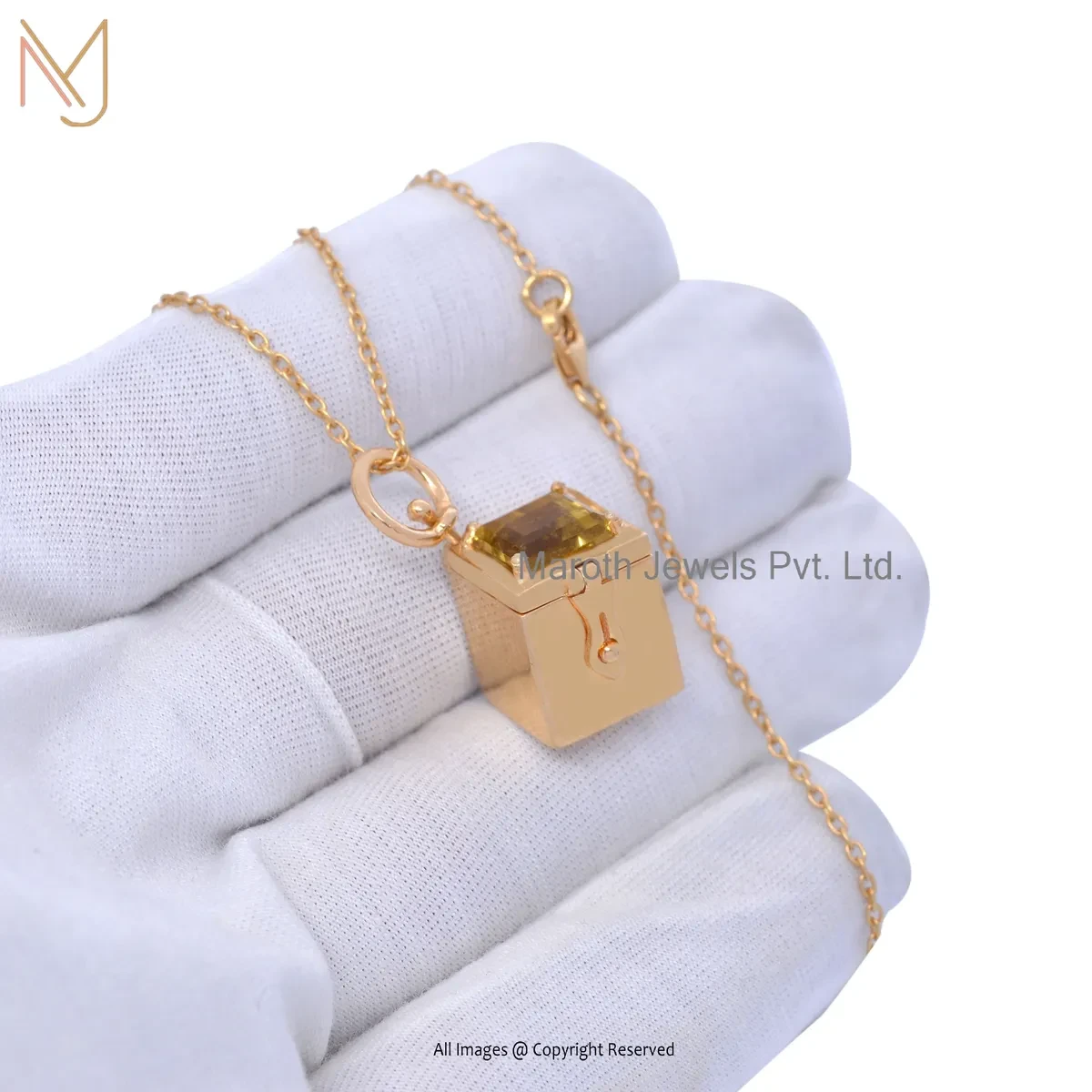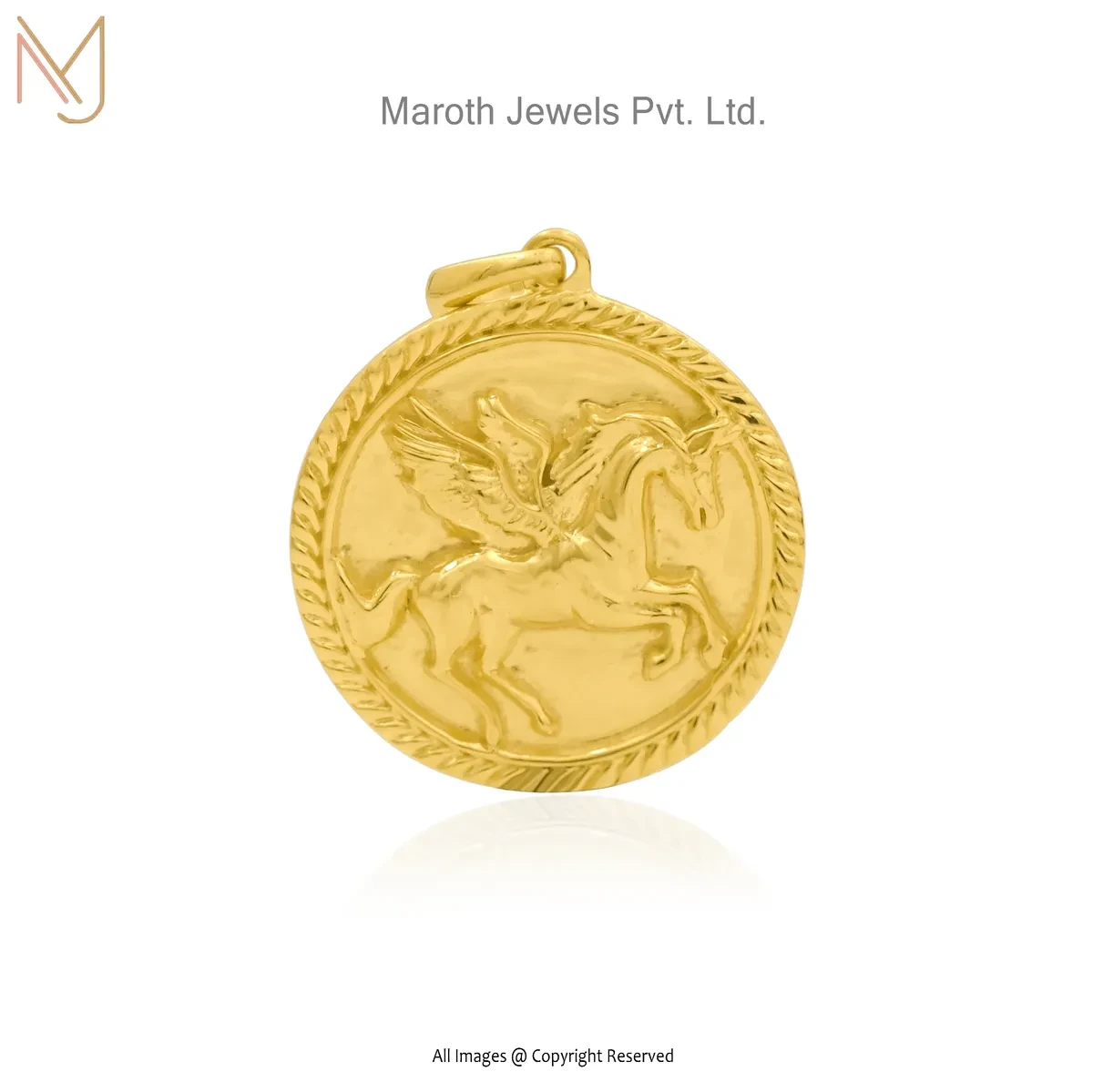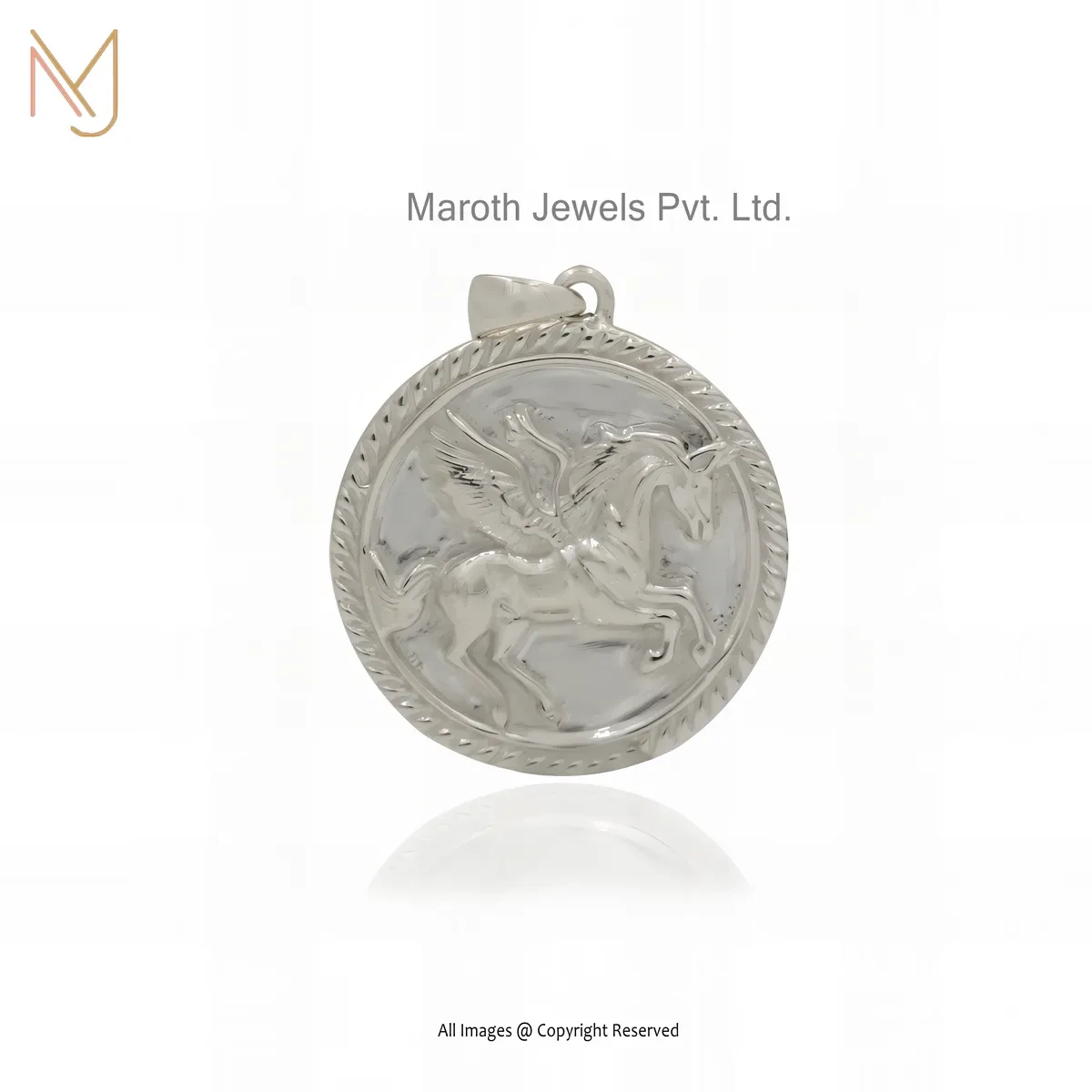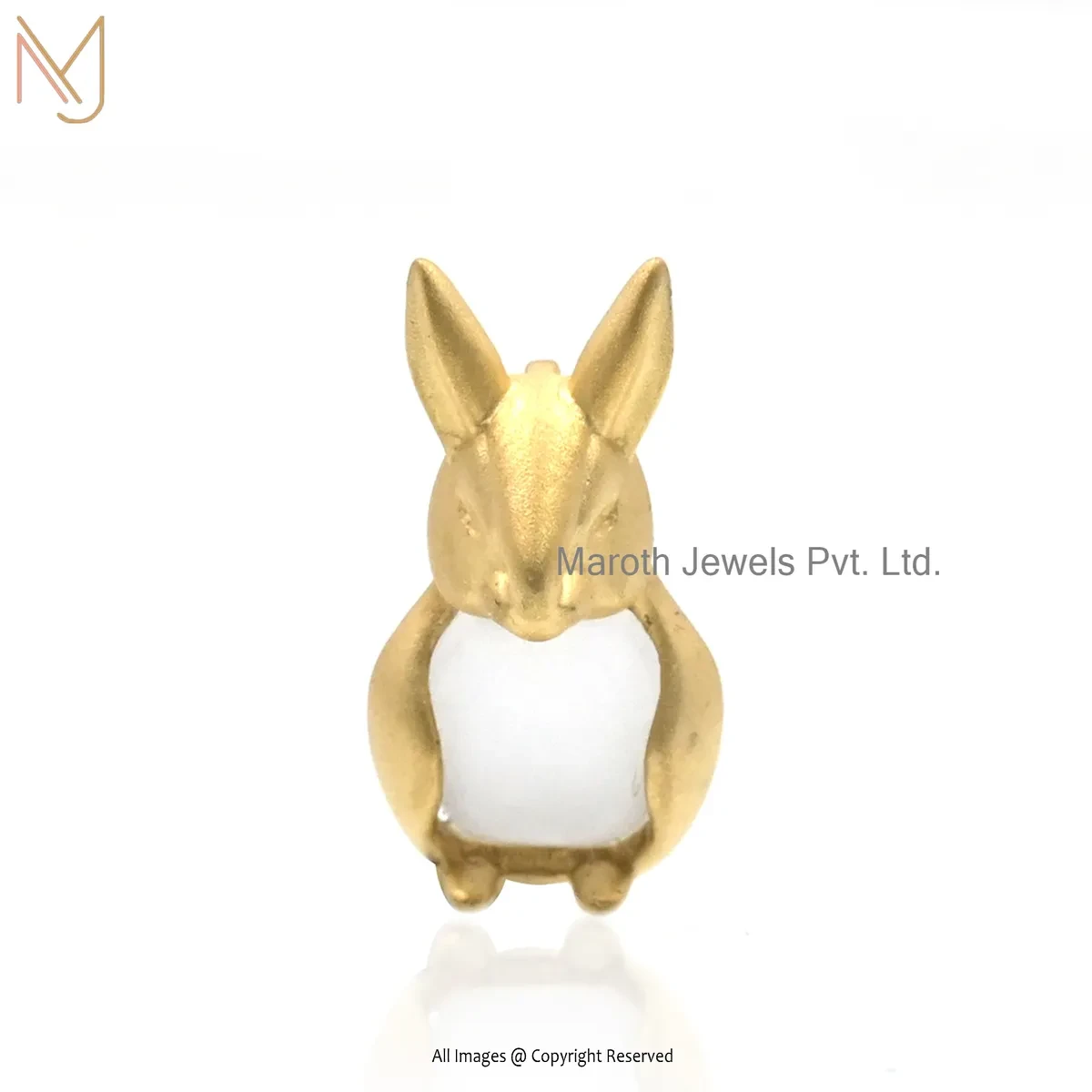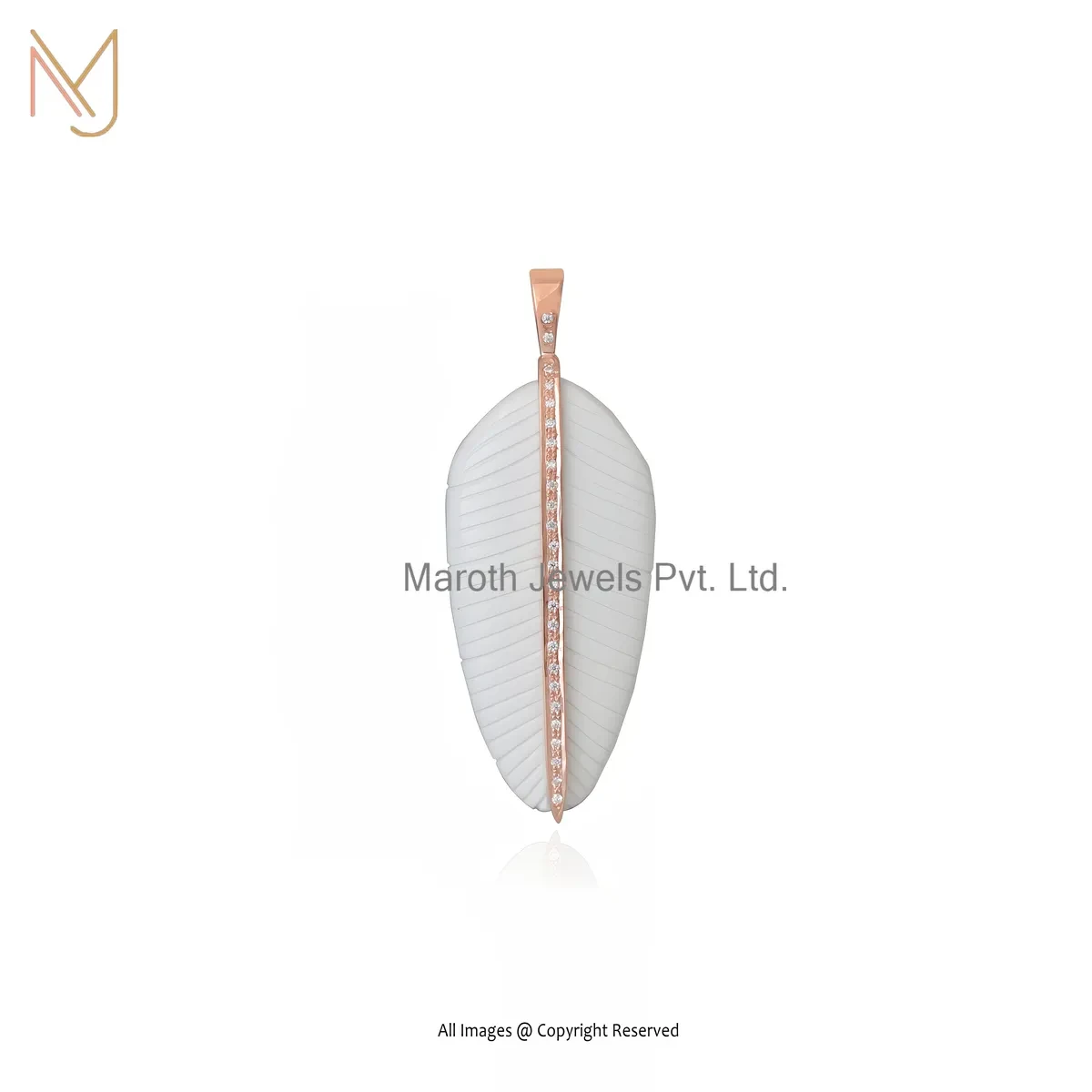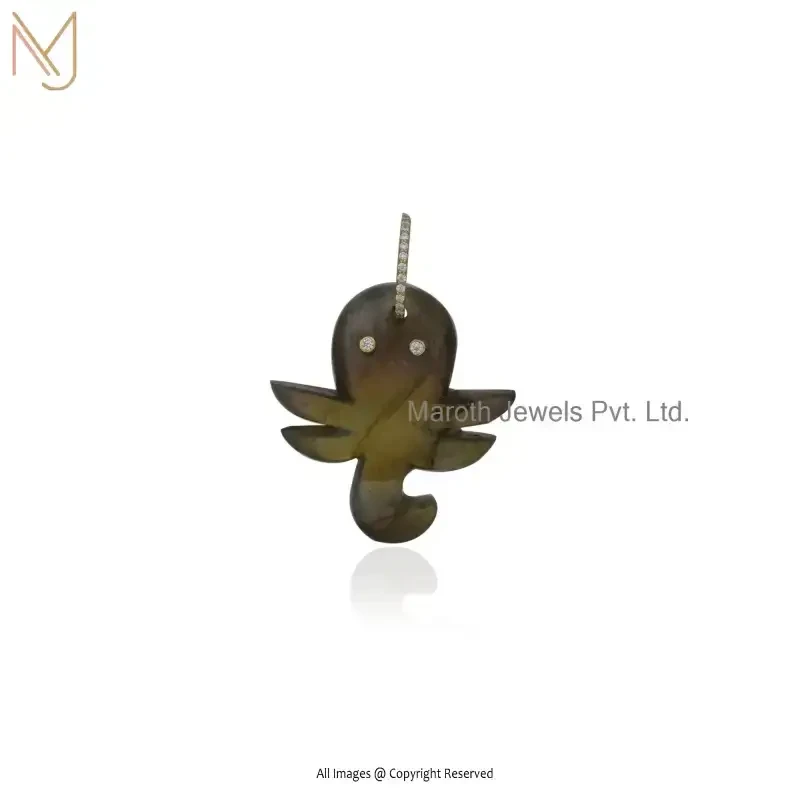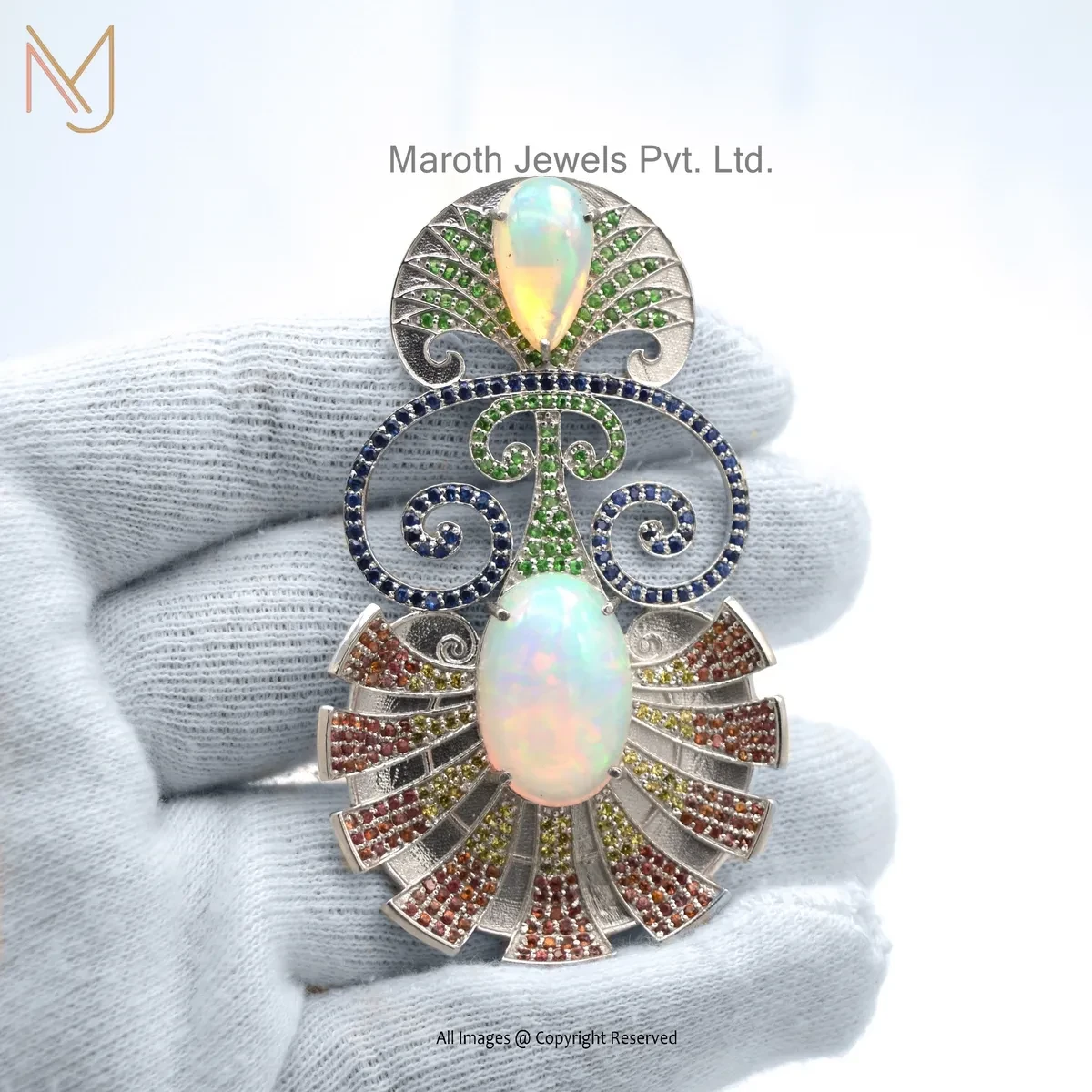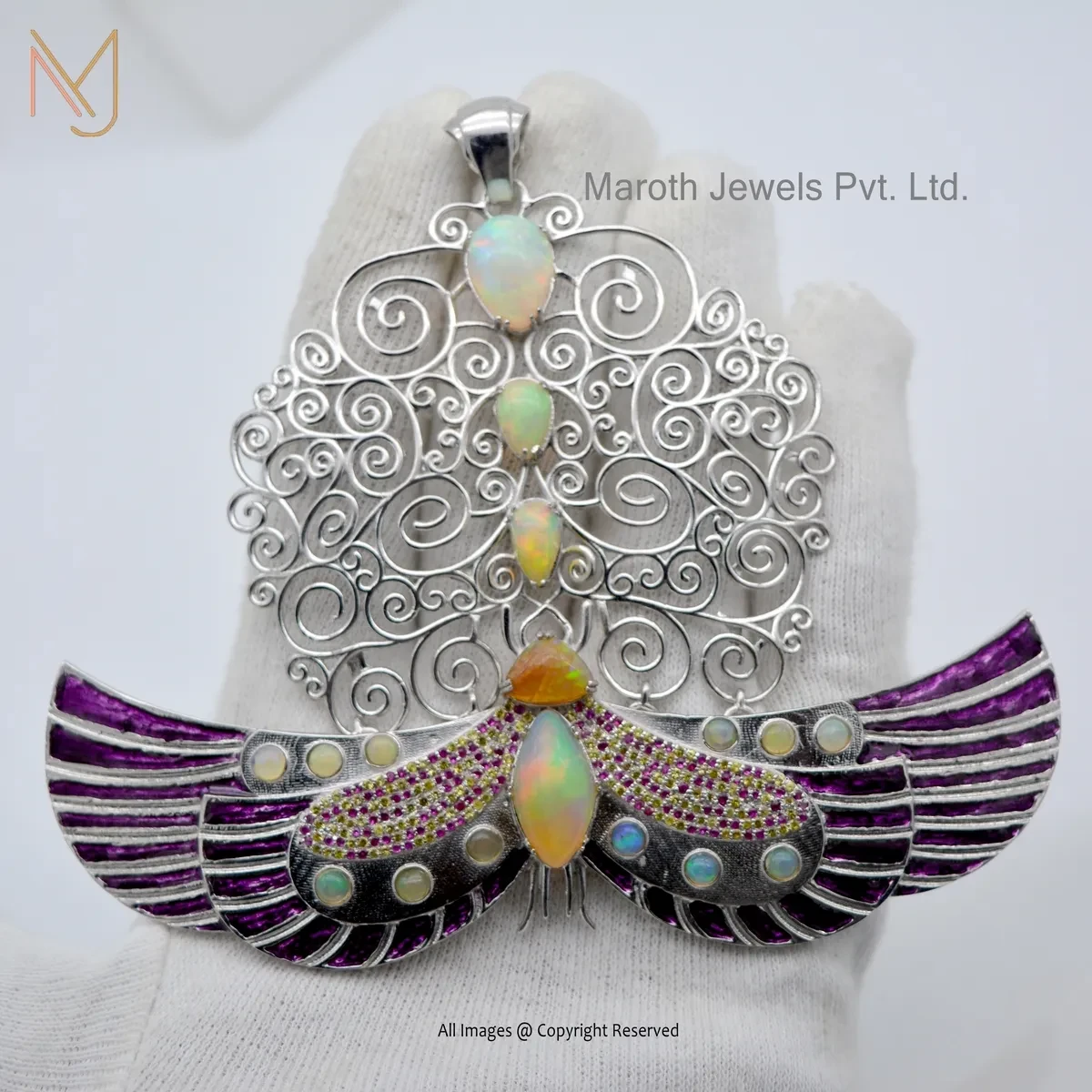Nickel Free Jewelry: The Facts You Should Know
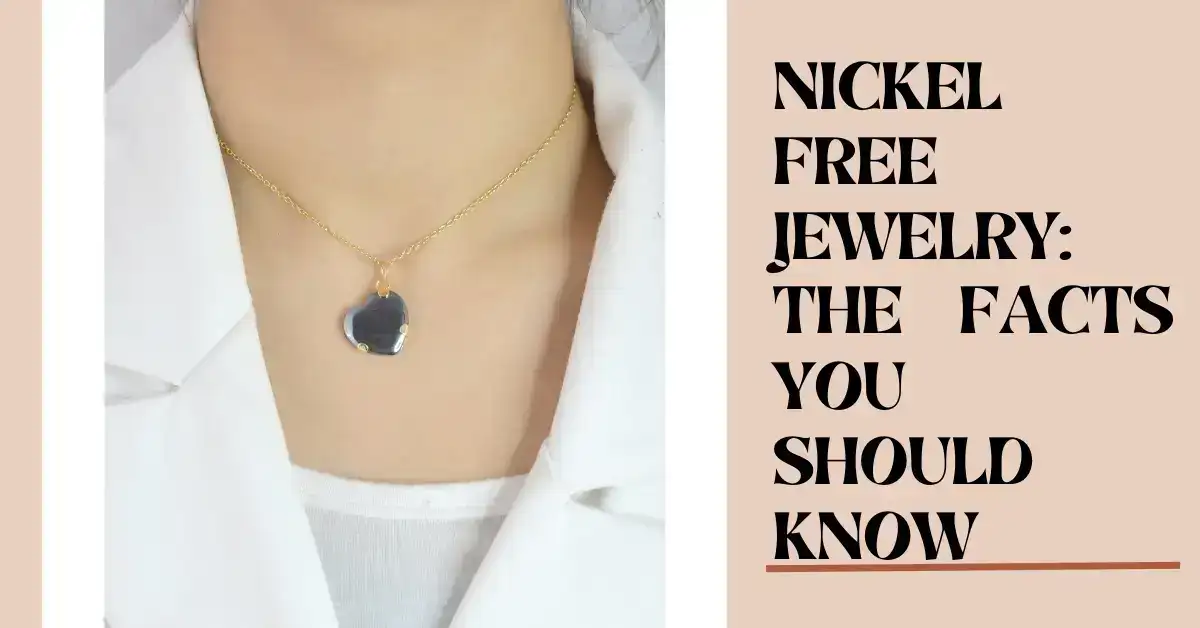
Nickel Free Jewelry: The Facts You Should Know
In today's fast growing internet world, nickel free jewelry is quickly becoming one of the most popular trends in fashionable, functional accessories. With so many people allergic or sensitive to nickel and some other form of metals commonly found in jewelry; it's no wonder why more people are choosing alternatives like zinc alloy, stainless steel, and copper when choosing their pieces.
So what exactly is nickel-free jewelry? What benefits does it offer when compared with traditional jewelry? Today in this article, we will discuss in detail about all the key facts which you need to know about nickel free options and go over how it differs from conventional pieces. We will also discuss why this may just be the perfect accessory choice for you!
What is Nickel Free Jewelry?
Due to more awareness about health and environment, it's become more important than ever to know exactly what type of material are used in such products. Nickel free jewelry is precisely what it sounds like -- jewelry that is free of nickel. It is necessary for individuals who have a nickel allergy, that can cause redness, itching, and even swelling sometime.
After properly using the jewelry made without nickel, you can avoid any unwanted allergic reactions. Not only that, but nickel free materials are also free from any 3rd party harmful chemicals.
Visit For :- manufacturer silver jewelry
What are the Benefits of Wearing Nickel Free Jewelry?
Avoidance of Allergic Reactions: Nickel allergy is a common form of dermatitis, which can cause redness, itchiness, and soreness. After choosing nickel-free jewelry, you can significantly reduce the risk of these uncomfortable and unsightly reactions.
Long-term Health Protection: Prolonged exposure to nickel can potentially lead to more serious health issues, including certain types of cancer. Nickel-free jewelry eliminates this risk, offering a safer option for daily wear.
Increased Comfort: Nickel-free jewelry is often more comfortable to wear, especially for those with sensitive skin. This is because it doesn't cause the irritation that can occur with nickel-containing pieces.
Quality and Value Retention: Jewelry made without nickel tends to retain its value better over time. This is because it doesn't corrode or lose its luster as easily as some nickel-containing metals can.
Wider Suitability: Given the increasing prevalence of nickel allergies, nickel-free jewelry is suitable for a broader range of customers.
After selecting the nickel-free jewelry, you're not only investing in pieces that are beautiful and durable but also taking a significant step towards protecting your health and comfort.
How Can I Tell if a Piece of Jewelry is Nickel Free?
For those with sensitive skin, nickel allergies can be a real problem when it comes to wearing jewelry. So, how can you tell if a piece of jewelry is nickel free? The easiest way is to look for a stamp that says "nickel free" or "hypoallergenic."
However, not all jewelry manufacturers include these stamps. Another option is to do a nickel test at home. Simply place a drop of nitric acid on a part of the jewelry that won't be visible when worn.
If the area turns green, it contains nickel. If it stays the same color, it's nickel-free. While it may take a little extra effort, finding nickel-free jewelry is worth it for those with sensitive skin.
What are the Risks of Wearing Jewelry Containing Nickel?
Nickel is a common component used in various types of jewelry, specifically in cheap fashion accessories. Though it can be enticing to purchase trendy baubles at an affordable price, it's important to be aware of the potential risks that come with wearing jewelry containing nickel.
One of the most significant dangers is an allergic reaction. When a person wears jewelry made with nickel, it can cause redness, itching, rashes, and even blistering or scabbing. In some severe cases, it can provoke a very painful skin infection.
This reaction is not uncommon, as nickel sensitivity is a prevalent issue affecting roughly 10-20% of the population. To avoid such consequences, it's advisable to invest in high-quality jewelry that's hypoallergenic and less likely to cause a reaction or to stick to jewelry made from nickel-free metals like gold or silver. Taking these precautions can help protect yourself and prevent undesirable health consequences.
How can I Minimize my Chances of an Allergic Reaction to Nickel?
Nickel is a common allergen that can cause various itchy rashes and sensitivities. One effective method is to reduce your exposure to nickel altogether. Avoid wearing jewelry or clothing with nickel components, and opt for hypoallergenic or nickel-free products instead.
When undergoing any medical procedures or surgeries, inform your healthcare provider of your nickel allergy so they can take necessary precautions. It is also important to maintain good skin hygiene and moisturize regularly to strengthen your skin’s natural barrier.
After properly taking these proactive measures, you can greatly reduce your chances of having an allergic reaction to nickel and lead a more comfortable, rash-free life.
Visit For :- gold jewellery wholesalers
What Other Metals are Used in Nickel Free Jewelry?
If you're looking for alternatives to nickel for jewelry, you might be wondering what other metals are commonly used. Stainless steel is a popular choice, as it is durable, affordable, and hypoallergenic. Sterling silver is a classic metal used for jewelry, but it's important to note that it may still contain a small amount of nickel. Other nickel-free metals to look out for include tungsten, cobalt chrome, and palladium.
What Types of Jewelry are Most Likely to Contain Nickel?
Nickel is a very common metal that can be found in many types of jewelry. Some of the most likely jewelry items to contain nickel include earrings, necklaces, bracelets, and rings.If you are someone who experiences redness, itching, or other symptoms after wearing certain types of jewelry, it's important to check the materials to see if they contain nickel.
Is nickel Free Jewelry More Expensive than Jewelry Containing Nickel?
Jewelry has been a timeless and classic way to accessorize an outfit, but have you ever considered what materials are used to make your favorite pair of earrings or necklace? More importantly, have you ever wondered about the difference between nickel-free jewelry and jewelry that includes this metal?
Contrary to popular belief, nickel-free jewelry does not necessarily cost more than jewelry containing nickel. One factor that determines the price of jewelry is the quality and the source of the material used to make it.
There are affordable and luxurious options available in both categories, with a variety of styles to choose from. It's always a good idea to do your research and opt for hypoallergenic jewelry whenever possible!
How can I Identify Nickel Free Jewelry When Shopping?
When shopping for jewelry, the last thing anyone wants is to unknowingly purchase a piece that causes an allergic reaction. One of the easiest ways is to look for the "nickel-free" label on the piece of jewelry itself or its packaging.
Alternatively, you can opt for gold, platinum, or stainless steel jewelry, which typically do not contain nickel. If you're still uncertain or unable to find nickel-free options, consider reaching out to the manufacturer or jeweler to inquire about their materials.
It's always better to be safe than sorry when it comes to your skin's health and comfort. So, take the time to identify nickel-free jewelry to ensure you can enjoy your new piece worry-free.
Visit For :- jewelry manufacturers
Is there a Certification for Nickel Free Jewelry?
For those who suffer from nickel allergies, finding jewelry that won't irritate their skin can be a challenge. While some companies claim their jewelry is nickel-free, it's important to know that there is no official certification for this.
However, there are reputable organizations, such as the Nickel Institute, that provide guidance and testing to ensure jewelry is low in nickel content.
It's always wise to research a company's testing and sourcing methods before purchasing their jewelry. With a little due diligence, those with nickel allergies can find beautiful, safe jewelry to wear with comfort.
Are There Any Precautions I Should Take When Wearing Nickel Free Jewelry?
While nickel-free jewelry is generally safe to wear, it doesn't hurt to take extra precautions to ensure you won't have any adverse reactions. To prevent skin irritation, it's best to avoid wearing any jewelry for extended periods, particularly if you have sensitive skin.
Additionally, make sure to clean your jewelry regularly to remove any dirt or bacteria that may cause irritation. With these simple precautions, you can enjoy wearing your nickel-free jewelry without any worry or discomfort.
Conclusion
Nickel-free jewelry isn’t just a trend - it’s becoming a necessity for many of us as we seek to avoid allergic reactions, and there are endless possibilities for beautiful and stylish pieces. With more and more manufacturers recognizing the importance of making nickel free jewelry, it has never been easier to find stunning pieces without worrying about dangerous allergens.
Is Sterling Silver Jewelry Really Safe If You Have Nickel Allergy?
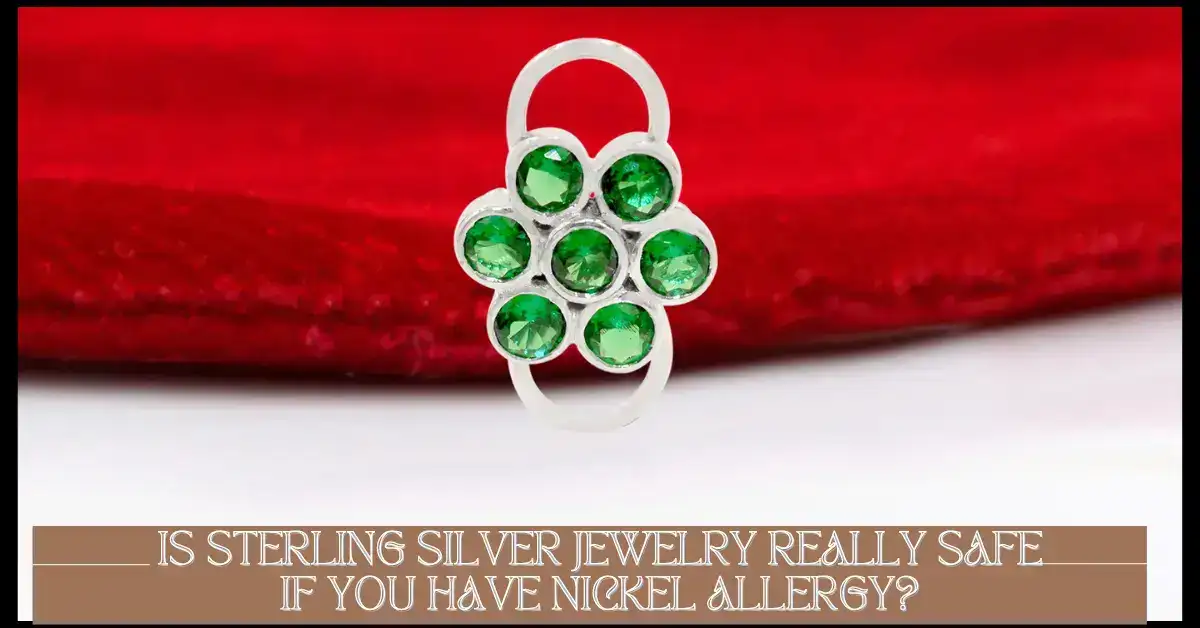
Just imagine you have a stunning piece of sterling silver jewelry that is close to your heart. The elegance and craftsmanship is simply irresistible. But wait there's a twist. You're one of the many individuals who grapple with the discomforts of a nickel allergy. A flood of questions arises: "Can I wear sterling silver?”, "Is it safe? This question surely comes into your mind about your skin health. Well you are not alone my dear who have this problem. We are here with this article where all your doubts will be cleared about nickel allergy. Sterling silver has captivated us in the realm of jewelry for a long time. Its delicate allure and timeless sheen have illustrated countless wrists, necks, and fingers. But what about those of us who are prone to nickel allergies?
Questions Related to the Nickel Allergy
Let's start by posing a few questions that might resonate with you:
Have you ever wondered if the gleam of sterling silver is marred by the presence of nickel?
Does your skin react to certain jewelry, leaving you grappling with discomfort and uncertainty?
Is there a way to enjoy the elegance of sterling silver without triggering allergic reactions?
This article will help you to understand how you can enjoy sterling silver jewelry safely if you are a nickel allergic. We'll explain what sterling silver is made of, talk about nickel allergies, and explain how these two things are related.So, if you've ever found yourself pondering the compatibility of sterling silver jewelry and nickel allergies, buckle up.
VISIT FOR:- gold manufacturers
What Do You Mean By Sterling Silver Jewelry?
Imagine the glint of sterling silver, a metal that's more than just an accessory—it's a statement of elegance that withstands the test of time. Visualize how it catches and reflects light, leaving a lasting impression. Sterling silver is a blend of 92.5% pure silver and 7.5% other metals. But hold on, there's an intriguing twist: that 7.5% isn't a random addition. It's a combination of metals which includes nickel, that adds a layer of complexity to the equation.
What is a Nickel Allergy?
Let's talk about allergies, those unexpected reactions our bodies can have to seemingly ordinary things. Nickel, a seemingly unassuming metal, emerges as a common culprit. For some individuals, even a brief encounter with nickel can lead to an array of uncomfortable sensations—skin turning red, itching that seems unending, rashes that appear out of nowhere, or even the emergence of blisters. Many people have this allergy because nickel is often found in everyday things. So it's clear that we need to be more careful and get all the points cleared for better information.
The Connection: Sterling Silver and Nickel
Now, let's delve into the intriguing connection between sterling silver and nickel allergies. At the core of our exploration lies that crucial 7.5% of the alloy's composition. This is where nickel enters the scene, adding an intricate layer to the alloy. For those who are sensitive to nickel, this introduces a compelling question: Can sterling silver, with all its aesthetic charm, coexist safely with sensitive skin? The answer isn't as straightforward as it might seem.
Assessing the Risk: Regulations and Guidelines
As jewelry enthusiasts, we venture into the realm of regulations and guidelines. Manufacturers are acutely aware of the potential repercussions of nickel exposure. This awareness has led to the implementation of measures aimed at minimizing nickel's impact. "Nickel-free" labels emerge as beacons of hope, promising a world where jewelry can be worn without the fear of triggering allergies. Yet, there's a lingering query: Does the absence of such a label guarantee the absence of nickel? It is important to pay attention to the dark of the situation as we try to balance between the activity of certainty and uncertainty.
The Spectrum of Allergic Reactions
As we continue, we come across a complex range of allergic reactions. There is not a single approach that tells all the allergies Each person's body responds uniquely, with varying degrees of sensitivity to the same stimulus. This intricate dance of individual responses makes our quest for a definitive answer challenging. Can sterling silver, with its complex blend of metals, peacefully coexist with the diverse range of allergic reactions?
Tips for Choosing Safe Sterling Silver Jewelry
As we navigate the world of jewelry, the path to finding pieces that resonate with your style while considering your sensitivities requires a blend of wisdom and discernment. This is where "hypoallergenic" and "nickel-free" labels step in as saviors for those seeking adornment without the discomfort of allergies. However, making wise choices goes beyond labels. Placing trust in honorable manufacturers who prioritize customer well-being and relent with regulations is important. These creators stand as beacons of integrity, offering a pathway to both style and comfort.
Rhodium Plating as a Barrier
Imagine an invisible guardian, a protective force that stands between your skin and potential discomfort. Enter rhodium plating, a shimmering shield that not only enhances the aesthetics of jewelry but also creates a barrier against the potential nickel content. This protective layer provides comfort and style for those with nickel allergies, converting suspense into a promising welcome. Through our knowledge of sterling silver and nickel allergies, we are continuously uncovering solutions to overcome these challenges. Each new discovery brings us closer to achieving a balance between wearing stunning jewelry and caring for our soft skin.
VISIT FOR:- carabiner lock jewelry
Frequently Asked Questions About Is Sterling Silver Jewelry Really Safe If You Have Nickel Allergy?
1. Is all sterling silver jewelry nickel-free?
Not all sterling silver jewelry is created equal. While sterling silver itself contains various metals, some of which could be nickel, many manufacturers now offer nickel-free or hypoallergenic options. These are specifically designed for those with nickel sensitivities.
2. How can I get to know if I'm allergic to nickel?
You can check out if you're allergic to nickel by observing some signs. Look for redness, itching, a rash, or blisters on your skin when you wear jewelry. If you see these reactions, it might mean you have a nickel allergy.
3. Can I still wear sterling silver with a mild nickel allergy?
Depends on sensitivity. Some individuals with mild nickel allergies might tolerate sterling silver jewelry, especially if it's labeled as nickel-free. However, closely monitor your skin's response and discontinue use if discomfort arises.
4. Are there other hypoallergenic jewelry alternatives?
Indeed, there are alternative metals that are less likely to trigger allergic reactions. Titanium, surgical stainless steel, and certain types of gold (such as 18k or higher) are popular choices for those seeking hypoallergenic options.
5. What should I do if my skin reacts to sterling silver jewelry?
Swift action is key. Remove the jewelry immediately, cleanse the affected area with mild soap and water, and consider using a cold compress to ease discomfort. Hydrocortisone cream can also provide relief.
6. Can I get my sterling silver jewelry tested for nickel content?
Certainly. Professionals can test your jewelry to determine its nickel content. this will make all your whys into This insight can help you make an informed decision about whether to continue wearing specific pieces.
Conclusion
In the dazzling world of jewelry, those with nickel allergies can still find solace in the shimmer of sterling silver. Choose pieces labeled as hypoallergenic, and opt for trusted manufacturers. The journey to finding your perfect accessory—one that complements both your style and well-being—is achievable when armed with the proper knowledge.
Recent Posts
Color grading chart of Jade
Color grading chart of Citrine
Pricing Chart of Rose Quartz
Pricing chart of Agate
Pricing chart of Quartz
The Jade Pricing Chart
Related products
14K Yellow Gold Kidney Bean Charms Pendant Jewelry Manufacturer
Wholesale 14K Yellow Gold Blue Chalcedony And Ruby Cubic Zicon Shell Pendant
14K Yellow Gold Labradorite & Cubic Zircon Flower Pendant Manfacturer
14K Solid Yellow Gold Cubic Zircon Magic Box Charms Pendant Jewelry Manufacturer
14K Yellow Gold Winged Horse Coin Pendant Jewelry Supplier
14K Yellow Gold Clear Quartz Gemstone Rabbit Charm Pendant Manufacturer
14K Yellow Gold White Agate , Moissanite Feather Pendant Custom Jewelry
9K Yellow Gold Labradorite , Moissanite Octopus Pendant Jewelry Supplier
14K Yellow Gold Multi Gemstone And Tsavorite & Opal Scallop Shell Pendant USA
Wholesale 14K Yellow Gold Pink Sapphire And Opal Gemstone Brooch Butterfly Pendant
Contact Us For Custom Jewelry
Please get in touch with us and share your ideas if you have personalized jewelry or are searching for a private label jewelry manufacturer. In accordance with your suggestions, we will make and present genuine jewelry.
Drop Us a Line
Scan QR Code
for immediate contact
